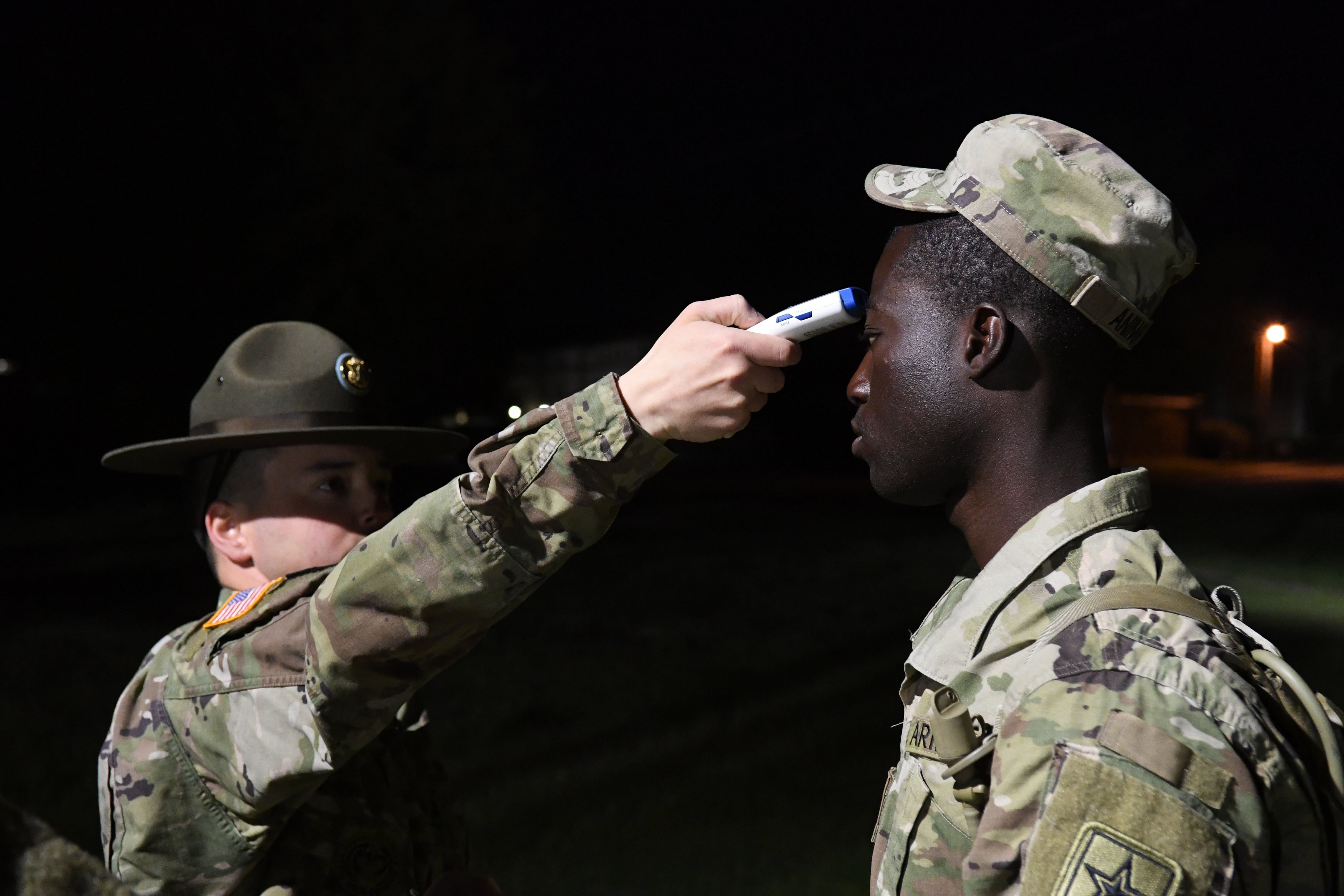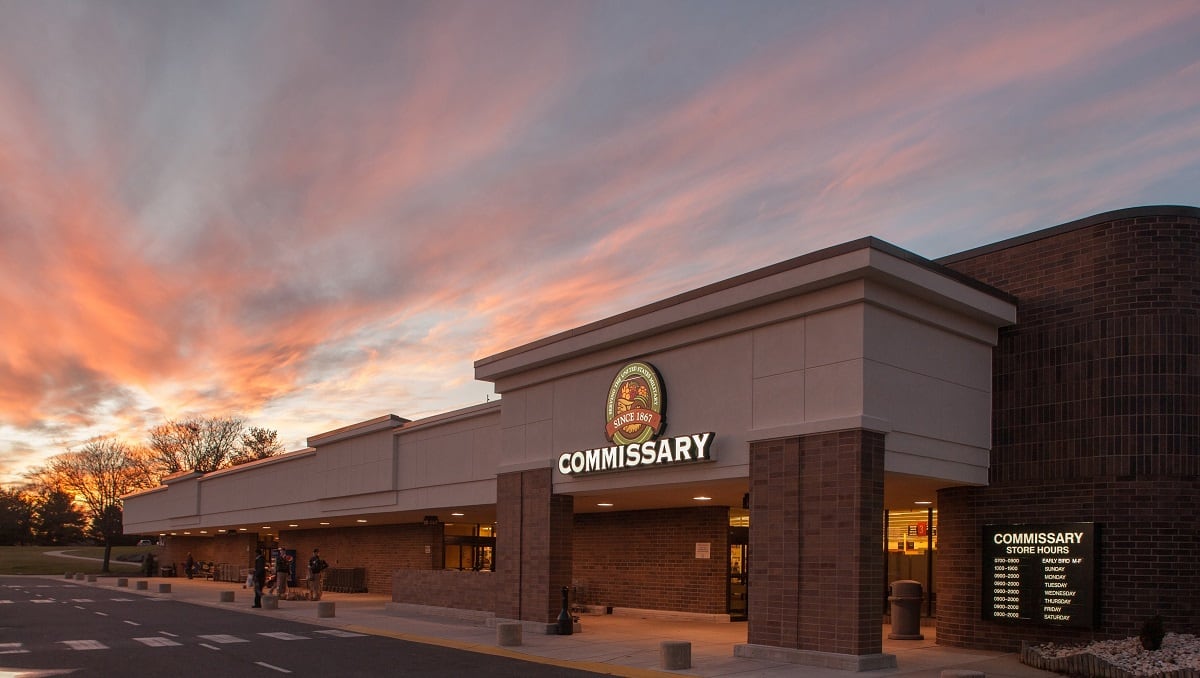Of the roughly 27,000 people who responded to the Army’s call for volunteers during the coronavirus pandemic, less than 6,000 came from medical backgrounds that the service needed.
After being vetted for certifications by Army human resources specialists, and told what coming back to serve could entail, that number has fallen into the hundreds.
“It whittles down because you have to get security clearances and some people decide they want to stay in their home community and withdraw their interest in serving," said Lt. Gen. Thomas C. Seamands, the Army’s deputy chief of staff for personnel. "So we have several hundred people we are in the process of bringing on or cutting orders and getting them across the Army footprint.”
Even some of those volunteers may ultimately not rejoin, leaders cautioned, as those with current medical licenses often serve in hospitals in their local communities where their skills are similarly in high demand.
“It’s a little bit more involved than even we initially planned,” said Maj. Gen. Joseph Calloway, who leads Army Human Resources Command. “We sent another 10 [volunteers] to the G-3 to cut orders last night and then we have, between here and surgeon general’s office, an additional just over 400 or so that we are vetting.”
The Army surgeon general’s office will determine where and for long it needs the volunteers. Most will go to major medical centers, however, and will be further distributed based on the needs of regional medical commands.
RELATED

“They’re being brought on for a 179-day initial tour, until we can figure out what’s the duration of the requirement, and that may change based on what their speciality is,” Calloway added. “So they can be extended in additional increments as demands warrant.”
A 179-day tour would place the end of those orders at sometime in November or December, unless they are extended. Many experts from the Center for Disease Control and Prevention have warned that a second wave of coronavirus infections is possible in the fall.
In an email sent March 25, the Army asked former soldiers from a range of medical backgrounds whether they would voluntarily rejoin the force if their skills were needed to assist with the coronavirus pandemic response.
The email listed a series of Army health care jobs that would be of interest: 60F, critical care officer; 60N, anesthesiologist; 66F, nurse anesthetist; 66S, critical care nurse; 66P, nurse practitioner; 66T, emergency room nurse; 68V, respiratory specialist; and 68W, medic.
The Army’s top medical officer said the day after the email was sent that the volunteers could be used to fill the roles of current medical personnel normally assigned to installation treatment facilities who may be called upon to deploy elsewhere in the United States.
Volunteers would be leveraged alongside Army reserve soldiers "to fill those holes from the medical treatment facilities, so we can maintain the readiness of our soldiers, as well as the beneficiary population,” Army surgeon general Lt. Gen. Scott Dingle said on March 26.
Kyle Rempfer was an editor and reporter who has covered combat operations, criminal cases, foreign military assistance and training accidents. Before entering journalism, Kyle served in U.S. Air Force Special Tactics and deployed in 2014 to Paktika Province, Afghanistan, and Baghdad, Iraq.





